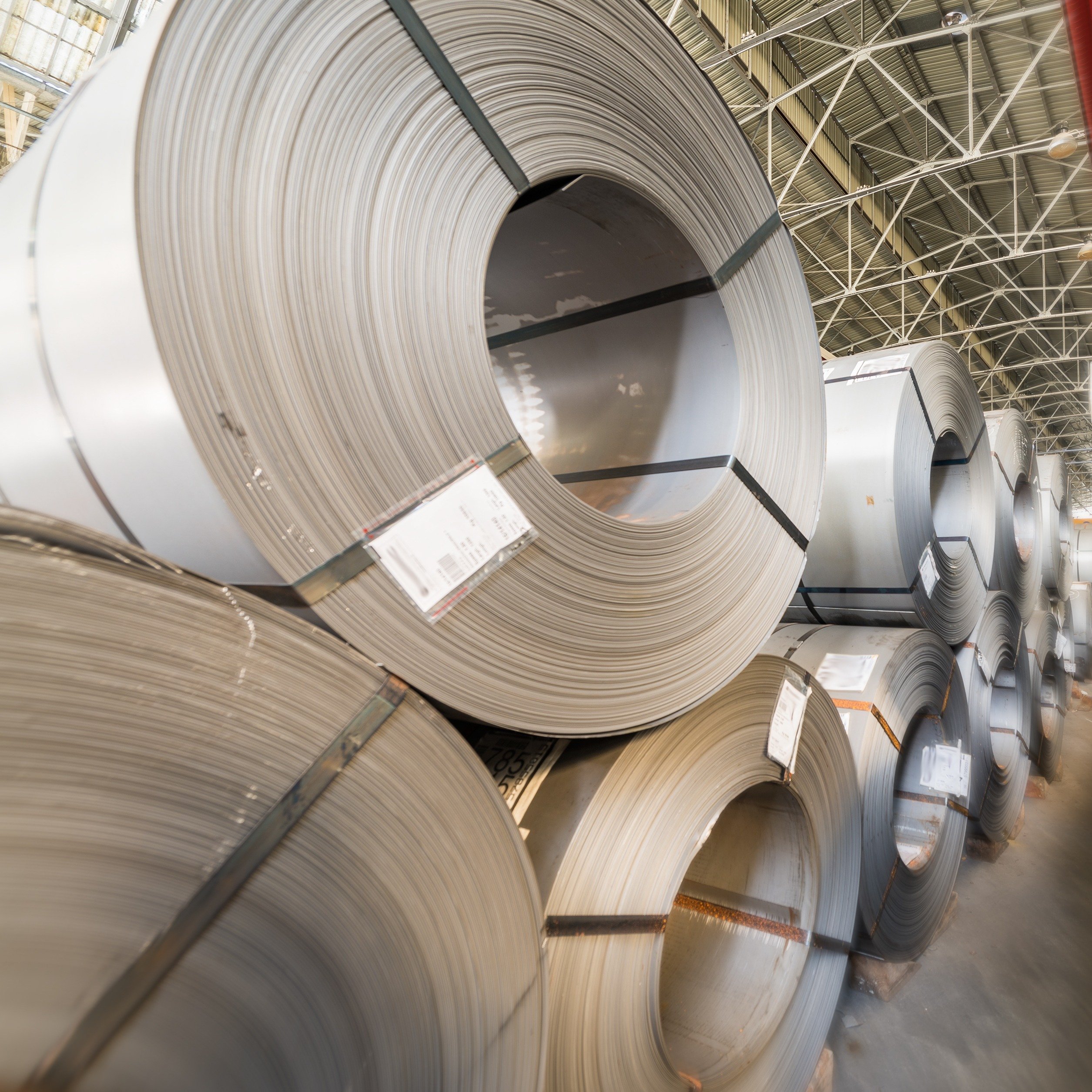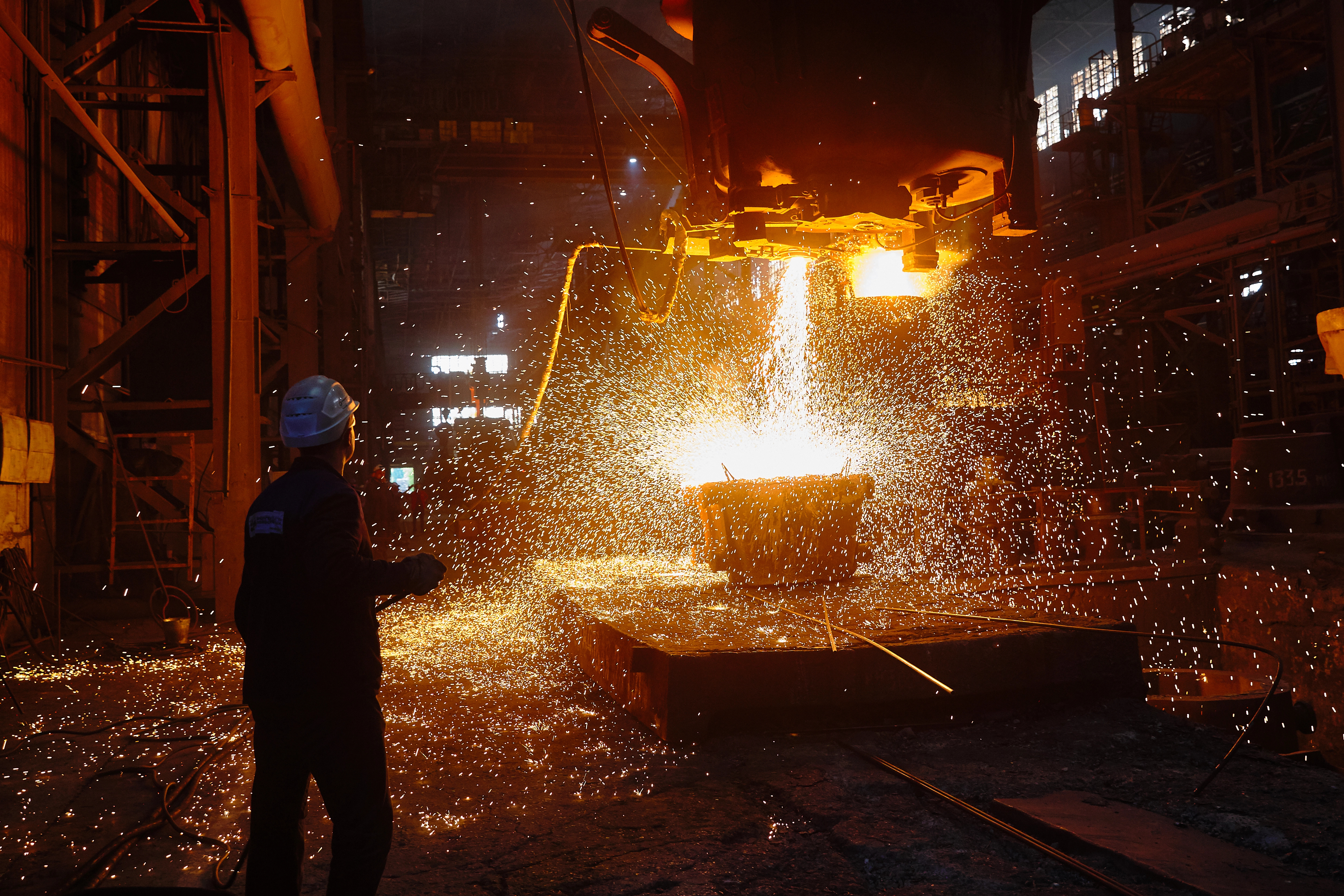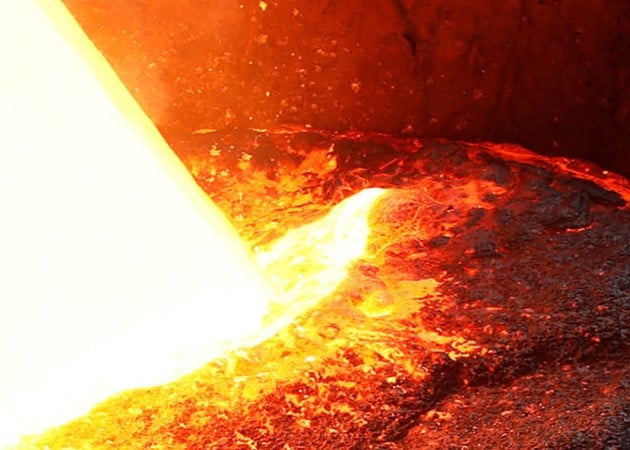As material prices continue to rise, more and more projects are stalled, contributing to a deceleration in the construction sector. Three-month construction price expectations have never been as high as in Germany, Italy, and France, over the last decade (see Figure 1, below). In Spain, a survey conducted by the Association of Construction Developers of Spain (APCE) and the Association of Real Estate Developers of Madrid (Asprima), in 2022 Q1 found that 42% of participants believed that they would have to stop some projects due to high costs. Moreover, European gas prices have rallied further since mid-June, pushing up the production cost of energy-intensive materials such as cement and bricks.
However, several factors support the construction sector: the Next Generation EU (NGEU) funds still offer a sizeable stimulus, while government incentives support renovations to make buildings more energy efficient. Moreover, the housing market remains robust, even though monetary tightening and general inflation will undoubtedly cause a slowdown in 2023. The drop in June in the commodity prices of steel, copper, and aluminium should also help alleviate material costs, notwithstanding energy prices keeping the material side of many projects expensive
These and other economic developments that impact commodity markets are discussed with CRU subscribers regularly. To enquire about CRU services or to discuss this topic in detail, get in touch with us.
CRU experts discussed the impact of the war in Ukraine on commodity markets in a recent webinar. Experts from all major commodity areas joined CRU’s Head of Economics and an energy specialist to discuss markets one month on from the invasion of Ukraine. The webinar is available to watch on-demand here.

















